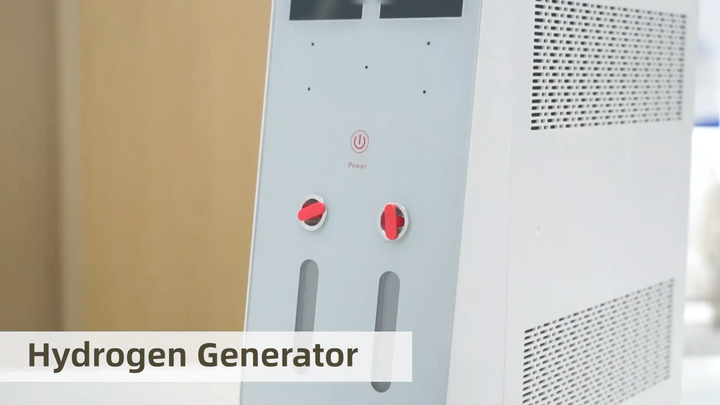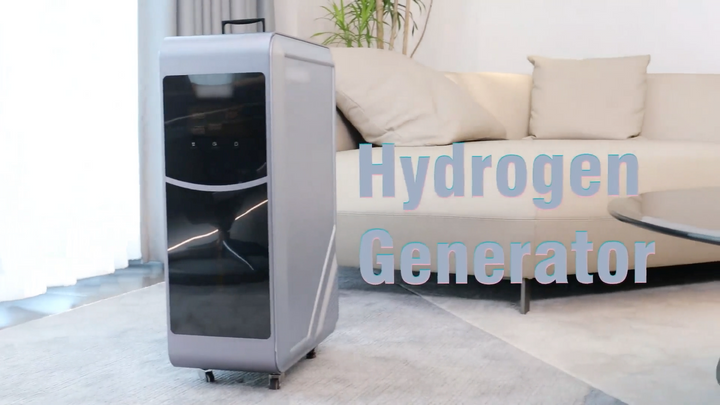For most of medical history we thought hydrogen was just another inert gas with no real medical applications. All of that changed in 2007, when a group of researchers published their findings in the medical journal Nature showing that hydrogen is actually a unique and highly-effective antioxidant in the human body.


